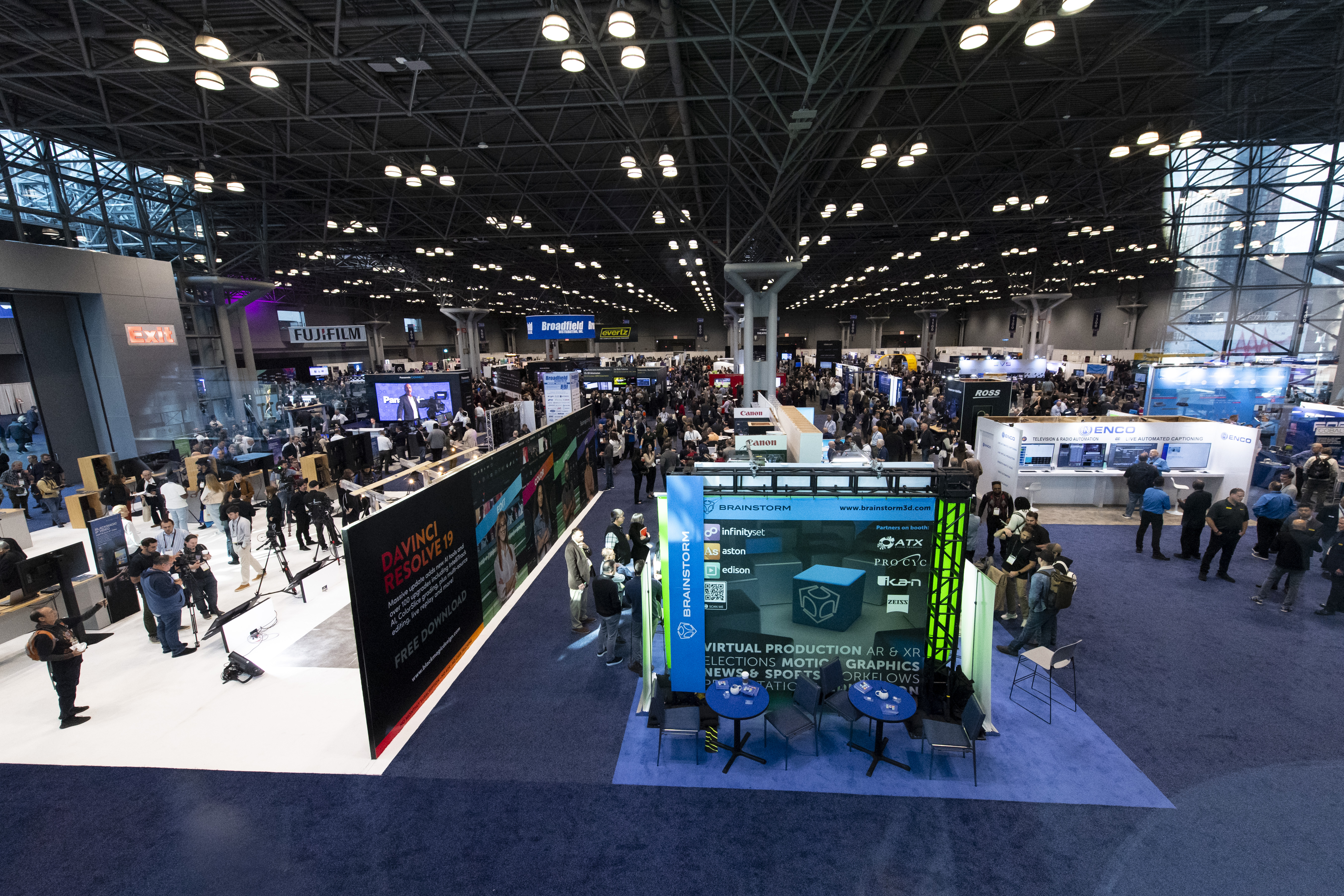Commission to Revisit Must Carry
The FCC will again take up cable and satellite carriage of broadcast signals at its next regular meeting July 14. The commission will consider allowing a combination of must-carry and retransmission consent during the rest of the digital transition period, according to FCC sources.
Commissioner Kathleen Abernathy, during a Thursday morning press conference, confirmed that dual carriage would indeed be on the July agenda, but said she had not yet looked at the item. She did say, however, that it could include the option of allowing broadcasters to use retransmission for digital signals and concurrently invoke must-carry for analog signals.
The carriage option would kick in as of Jan. 1, 2006 and run through the impending analog shutoff.
"The biggest stations have already negotiated carriage for their digital signals," Abernathy said, "so if this is being worked out in the marketplace, maybe it isn't such a big deal."
The NCTA had no comment on the issue, and the NAB doesn't regard it as dual must-carry, because technically, it's not.
The FCC put a bullet in multicast and dual must-carry back in February, before Michael Powell stepped down as chairman. He had long said "primary video" means one channel, and that's all there is to it, end of story. (The Supreme Court in 1997 ruled 5-4 that cable systems must carry the primary video signal of broadcasters who request carriage.)
Joe Barton, chairman of the House Commerce Committee, has indirectly questioned the decision, saying that must-carry "is worthy of discussion" in the drive to establish a hard analog shut-off date.
In the meantime, Powell was replaced by the substantially less doctrinaire Kevin Martin, who dissented in part on the February ruling. Martin wasn't convinced that cable systems would be "overburdened" by additional free channels. In his statement following the ruling, Martin was mindful of comments on how much cable capacity had increased since 1997, and what types of services would die on the vine without the benefit of expanded must-carry.
"The record is replete with examples of the free programming services broadcasters want to provide or expand, including local news, local weather, local sports, coverage of local elections and government proceedings, and foreign language programming," he said. "Yet, with carriage rights for only one stream, these broadcasters cannot support all of this additional programming."
The cable capacity and free programming arguments again appeared in several petitions to reconsider the ruling, including one from DIC Entertainment, a business predicated on providing children's programming for multicast streams.
"The Commission's decision surely rendered virtually unachievable DIC Entertainment's plan to offer nationally a free advertiser-supported, over-the-air digital children's television service using broadcasters' digital signal capacities," the company's petition stated.
The professional video industry's #1 source for news, trends and product and tech information. Sign up below.
